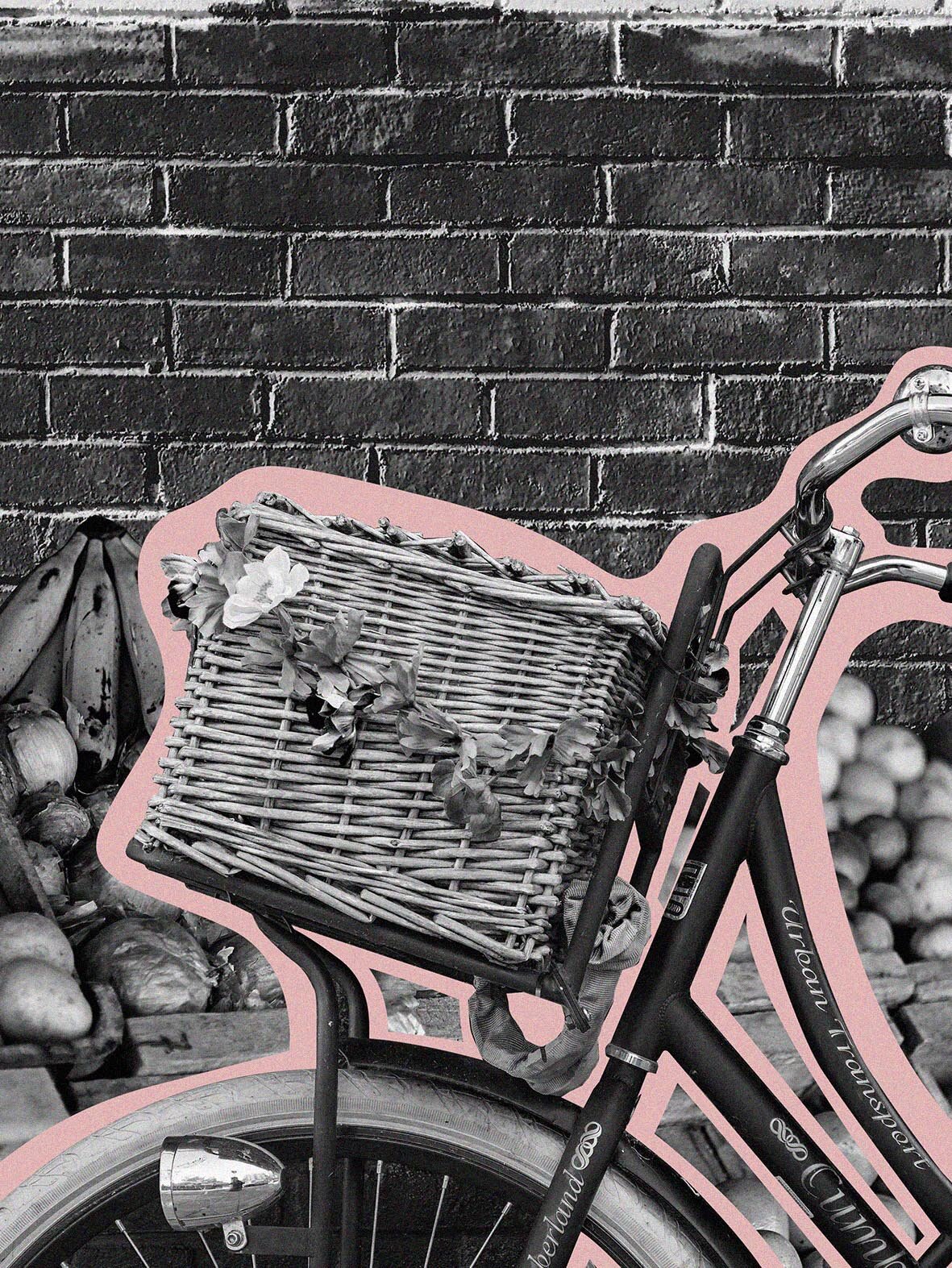Local Futures: An Introduction
We live in a global society. Through technology we are increasingly interconnected. We are able to learn about cultures and be inspired by practices from across our planet. We are able to support a farmers’ protest in India, or put international pressure on political leaders in Colombia. A social movement can now build across borders and the actions of one individual can capture the imagination of people across our world.
However, in this global society of ours, we also see how plastic waste discarded in Europe ends up polluting the air and waterways in Indonesia. Our food travels thousands of miles by planes, trains, and ships, emitting the carbon which is altering climate conditions for landworkers in even the most remote regions. Fast fashion in one country hides a trail of human rights abuses in another country. And of course we have all seen how rapidly the COVID-19 virus became a global pandemic. It is not surprising therefore, that globalisation often becomes a polarising topic. This topic, however, is not a case of localisation versus globalisation, but rather a call for greater community resilience and sovereignty.
The negative aspects of globalisation touched upon above are actually the symptoms of economic globalisation. Economic globalisation is the system which has granted ever-increasing power to corporations and further removed power and autonomy from local communities. As governments compete for corporate favour, and vice versa, we see a race to the bottom in terms of free trade, deregulation, and mass production at the expense of local producers. These global supply chains not only hide a multitude of human rights abuses, but they often openly exploit nature and undermine local communities. This leads to diminished local resilience, creating communities more vulnerable to climate change, health crises, and social unrest.
When we look at Local Futures we are asking, what if most of our food came from nearby farmers who are part of our community and who ensure food security year round? What if the money we spent on everyday goods continued to recirculate in the local economy, building community wealth along the way? What if local businesses could thrive and provide ample, meaningful employment opportunities?
When we look at Local Futures we are asking, what if most of our food came from nearby farmers who are part of our community and who ensure food security year round? What if the money we spent on everyday goods continued to recirculate in the local economy, building community wealth along the way? What if local businesses could thrive and provide ample, meaningful employment opportunities?
Ultimately, localisation is about bringing the economy down to earth in a way that fosters community resilience and ecological harmony. It is the process of building structures that allow the products and services a community needs to be produced locally and regionally whenever possible. Localising economies can strengthen community cohesion and lead to greater health and wellbeing, all while reducing pollution and the degradation of the natural world. It is not about cutting off the rest of the world. It is simply about rebuilding human-scale economic structures by producing what we need closer to home. (LocalFutures.org)
From community gardens to credit unions, from alternative learning spaces to small business alliances and co-ops, local economies create networks of place-based relationships that affirm our human desire for connection to each other and to the earth. It's the economics of happiness.
Come explore Local Futures with us, and share what you value about your local community, and how you want to see it thrive.


